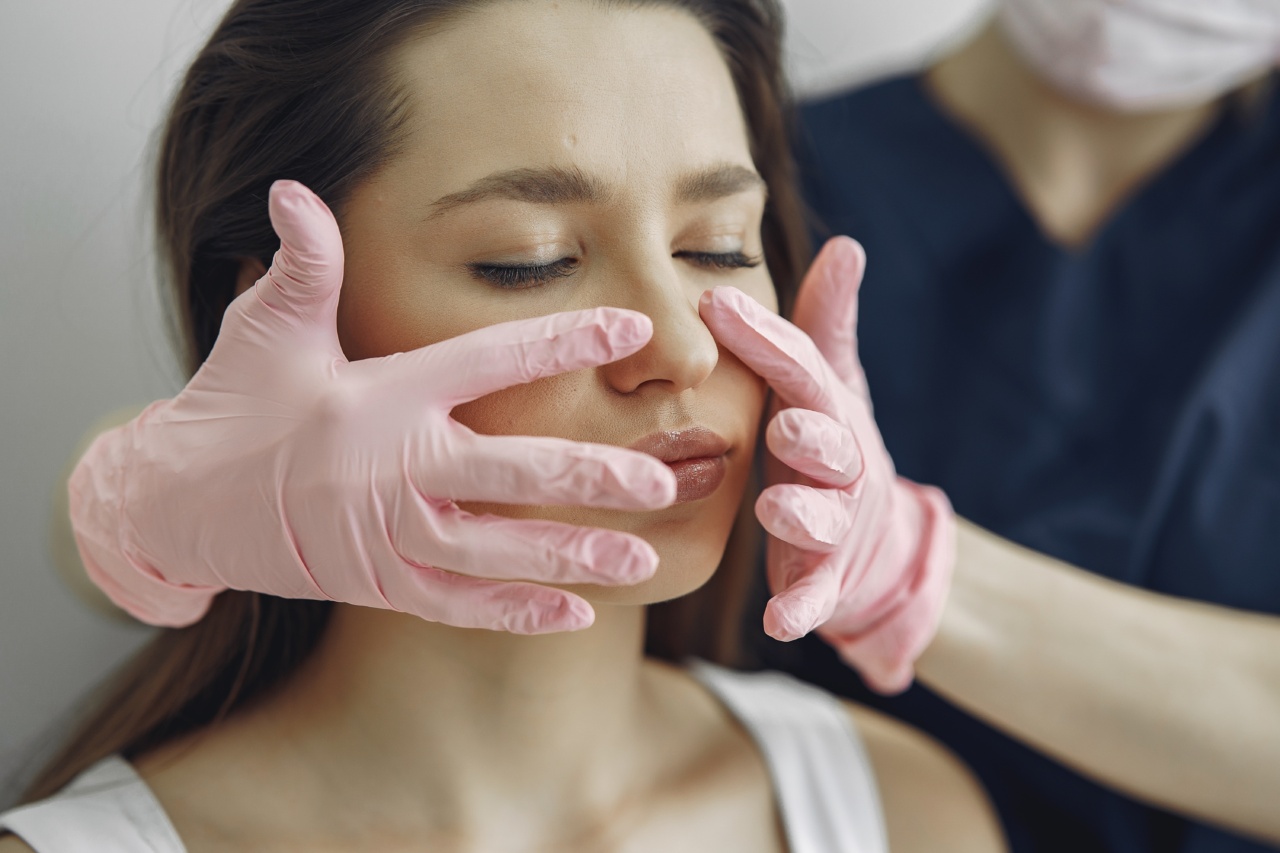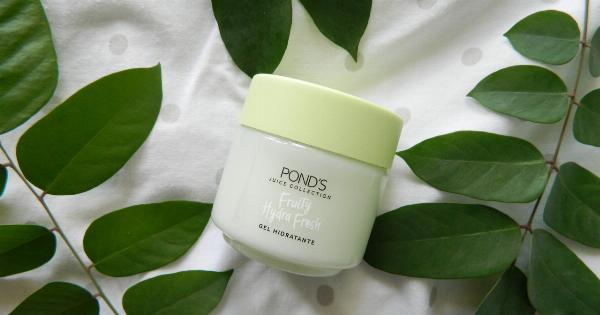Having healthy, radiant skin is the dream of everyone. Unfortunately, achieving it takes effort, discipline, and time. But don’t worry, it’s not rocket science. With the right habits and skin care routine, you can get glowing, youthful skin.
Here are ten tips for healthy, radiant skin.
1. Stay Hydrated
Drinking enough water is equally important for your skin’s health as it is for your overall health. Water hydrates your body, eliminates toxins, and helps to transport nutrients to the skin cells.
For optimal hydration, drink at least eight glasses of water a day and avoid excessive alcohol and caffeine consumption.
You can also hydrate your skin externally by using a hydrating spray or moisturizer throughout the day to maintain a dewy complexion.
2. Eat a Healthy Diet
The food you eat can either help your skin or hurt it. To get radiant skin, include plenty of fruits and vegetables in your diet. They are rich in vitamins and antioxidants that nourish your skin and protect it from environmental stressors.
On the other hand, avoid processed foods, refined sugar, and excessive salt as they can lead to inflammation, breakouts, and premature aging.
3. Protect Your Skin from the Sun
The sun’s UV rays can cause a wide range of skin problems, from sunburns to skin cancer. Therefore, it is crucial to protect your skin from the sun by using a broad-spectrum sunscreen with at least SPF 30.
Additionally, avoid tanning beds and limit your sun exposure between 10 am and 2 pm when the sun’s rays are the strongest.
4. Get Enough Sleep
Sleep is essential for your skin’s repair and renewal process. When you sleep, your skin cells regenerate, and collagen production increases, resulting in a firmer and smoother complexion.
Make sure you get at least 7-8 hours of quality sleep every night to wake up refreshed and with a healthy, radiant complexion.
5. Use Gentle Cleansers
Cleansing your skin is crucial to remove dirt, oil, and makeup from your pores. However, using harsh soaps or scrubs can damage your skin’s natural barrier and lead to dryness, irritation, and inflammation.
Instead, opt for a gentle, non-comedogenic cleanser that suits your skin type and use lukewarm water to wash your face twice a day.
6. Moisturize Your Skin Regularly
Dry skin can cause a wide range of skin problems from itching to premature aging. Therefore, it is essential to keep your skin moisturized by using a good-quality moisturizer regularly.
Avoid using heavy creams or moisturizers that contain fragrances or alcohol, as they can clog your pores and cause breakouts. Instead, choose a lightweight, non-greasy moisturizer that suits your skin type and apply it after cleansing your skin.
7. Exercise Regularly
Regular exercise can benefit your skin in several ways. It increases blood flow, which in turn delivers oxygen and nutrients to your skin cells, resulting in a healthy, glowing complexion.
Additionally, exercise helps to regulate hormones, reduce stress, and improve sleep quality, which all contribute to healthy skin.
8. Don’t Smoke
Smoking damages your skin in several ways, such as decreasing collagen production, reducing blood flow, and causing fine lines and wrinkles. Therefore, to get radiant skin, quit smoking or avoid it altogether.
9. Manage Stress Levels
Stress is a significant factor that affects your skin’s health. It can lead to breakouts, inflammation, premature aging, and other skin problems.
To manage stress, practice relaxation techniques such as yoga, meditation, or deep breathing. Additionally, engage in activities that make you happy and take time out of your busy schedule to unwind and relax.
10. Consult a Dermatologist
If you have persistent skin problems or concerns, it’s essential to consult a dermatologist. They can evaluate your skin type and condition and recommend a tailored skin care routine that suits your needs.
Additionally, they can prescribe medications or treatments to address specific skin problems such as acne, psoriasis, or eczema.



























